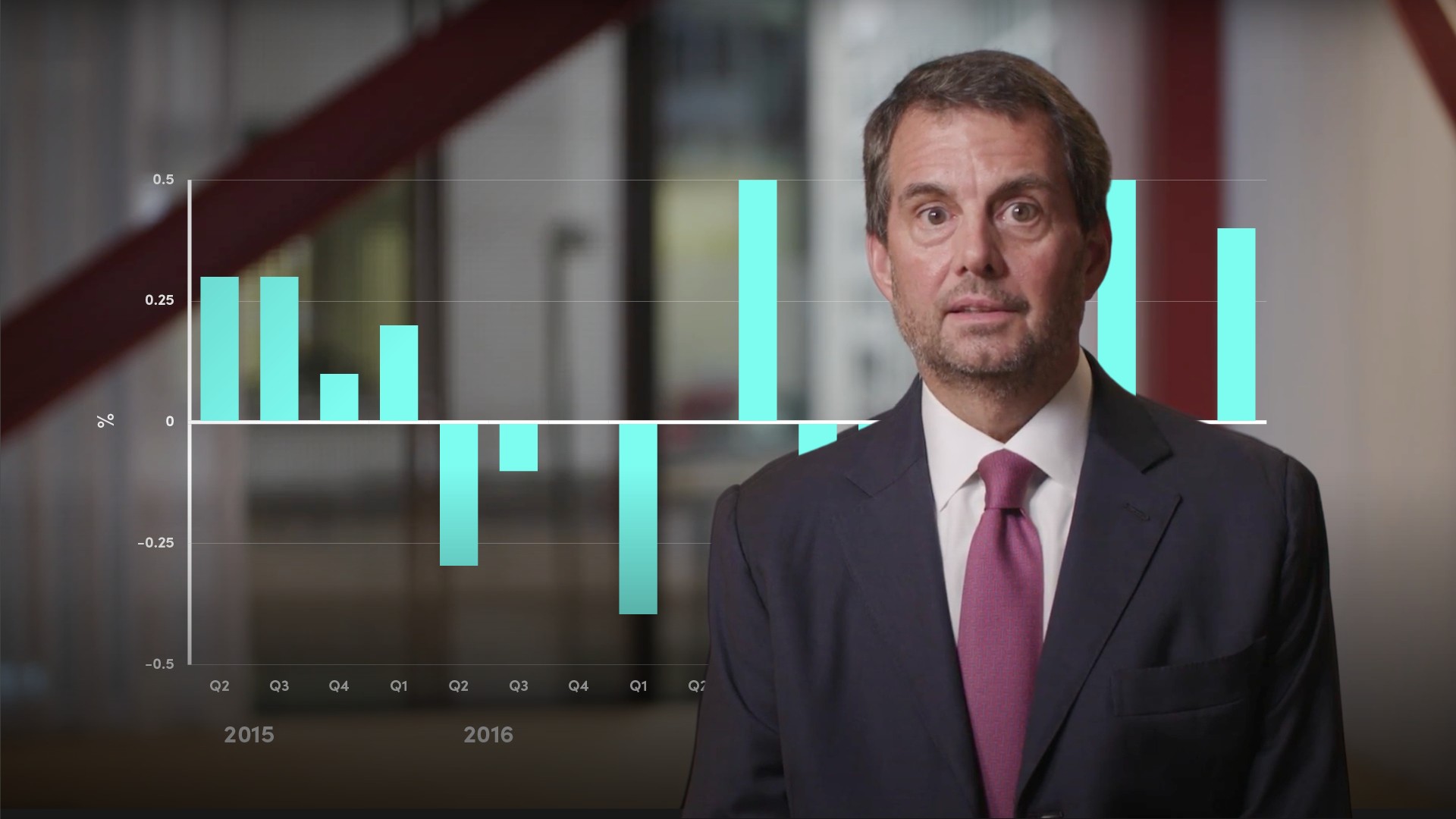
Quantitative Easing in the USA

Tim Hall
30 years: Debt capital markets
In this video, Tim describes the response of the United States to the Great Recession of 2007-2009. He explains the response of the Federal Reserve and the impact of their monetary stimulus.
In this video, Tim describes the response of the United States to the Great Recession of 2007-2009. He explains the response of the Federal Reserve and the impact of their monetary stimulus.
Subscribe to watch
Access this and all of the content on our platform by signing up for a 7-day free trial.

Quantitative Easing in the USA
10 mins 2 secs
Key learning objectives:
Outline Fed's initial response to the financial crisis
Understand how the Fed unwind QE
Understand how successful were the three programmes of QE
Overview:
The Federal Reserve unleashed an unprecedented amount of stimulus and reforms, mainly equity injections into nine systemically important “too big to fail” banks, and toxic asset funding at the onset of the financial crisis which restored the US economy to a firm footing, and eventually to growth. This is evident as Nominal GDP in the US increased from $14.6tn in 2009 to $20.8tn in 2018.
Subscribe to watch
Access this and all of the content on our platform by signing up for a 7-day free trial.
How did the Fed initially respond to the financial crisis?
- The Fed increased short-term borrowing rates in an attempt to take the heat out of risky consumer debt products. However, this reversal occurred too abruptly, causing liquidity and funding in the bank market to seize up
- They reversed course again and lowered the interbank borrowing rate from its peak of 5.25% in September 2007 to effectively 0% by the end of 2008
What was the impact of this policy response?
- The worsening US economic situation, coupled with growing non-performing loans at a number of banks, and severe losses at several institutional investment firms, caused many banks and investment companies to lose access to capital markets
- As confidence eroded, the US economy spiraled downwards rapidly, exposed to a variety of risks
What policies were implemented following the collapse of Lehman Brothers?
- Coordinated fiscal policies
- Troubled Asset Recovery Plan (TARP) was implemented to buy toxic assets from banks
- Recapitalising the “too big to fail” banks in the US. This was funded by the Emergency Economic Stabilization Act of 2008
What did the first round of QE (QE1) consist of?
This started in November 2008 and was extended in March 2009. This involved the purchase by the Fed of $1.75 trillion of:
- Mortgage-backed securities
- Agency debt
- US Treasuries
What did the second round of QE (QE2) consist of?
This started in November 2010 and continued until mid-2012. This involved the Fed purchasing $600 billion of:
- Longer-dated US Treasuries
- Mortgage-backed securities
- In September 2011, the Fed announced it would buy an additional $400 billion of long-dated US Treasuries, 5-30yr maturities
What did the third and final round of QE (QE3) consist of?
This started in September 2012 and completely ended in October 2014. This involved the Fed:
- Purchasing close to $40 billion of mortgage-backed securities each month
- This overlapped with ‘Operation Twist’ in QE2, meaning a total of $85 billion of securities each month were purchased
- In mid-2013, the Fed announced that ongoing purchased would be tapered - or gradually reduced each month
How successful were the three programmes of QE?
- The policy responses meant liquidity concerns around financial institutions more or less disappeared early in the recovery cycle
- This in turn, resulted in the restoration of consumer confidence and business investment
- The three rounds of QE over six years increased the balance sheet of the Fed from $800 billion in 2008 to nearly $4.5 trillion by 2014
How did the Fed unwind QE?
- The Fed began the reversal of QE - or ‘Quantitative Tightening’ (QT) - at the beginning of 2018. Since the $50bn/month balance sheet reduction started in 2018. The Fed’s balance sheet has been reduced $500tn to $4tn, which is approximately 20% of GDP
- The Fed announced in February 2019 that it intended to stop its reductions in the balance sheet for the remainder of the year
Subscribe to watch
Access this and all of the content on our platform by signing up for a 7-day free trial.

Tim Hall
There are no available Videos from "Tim Hall"



























